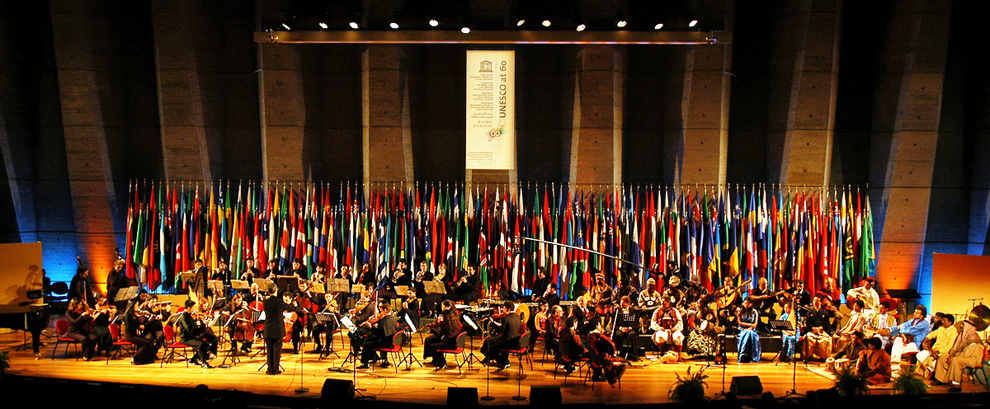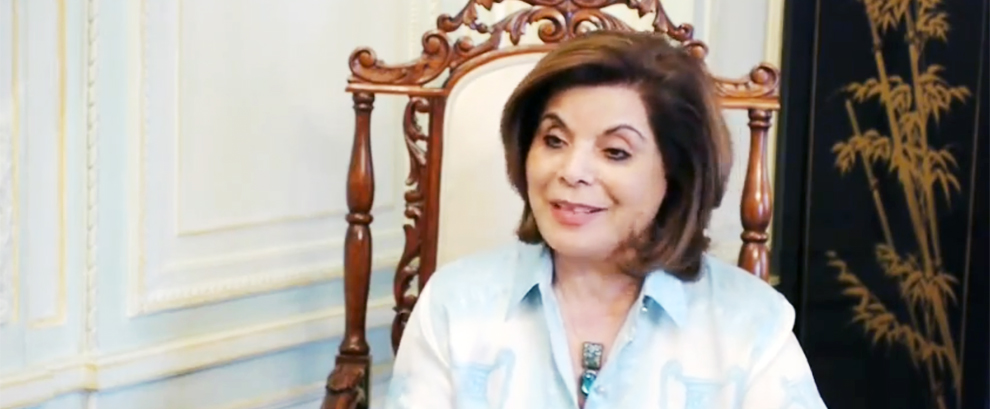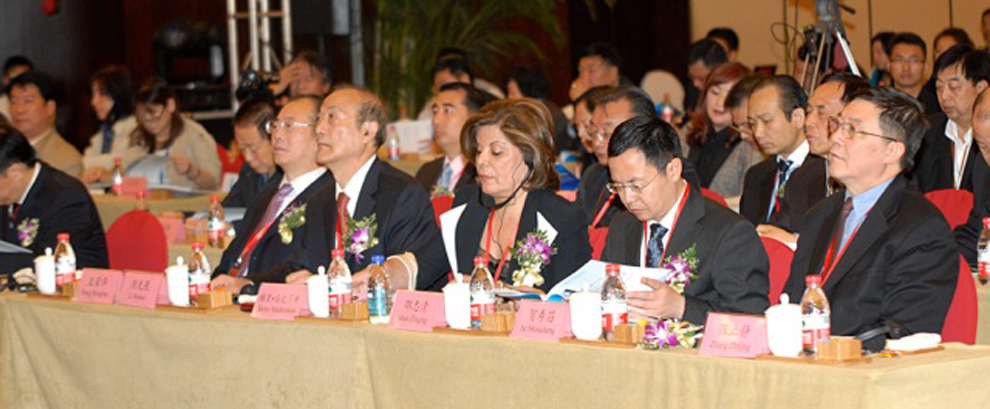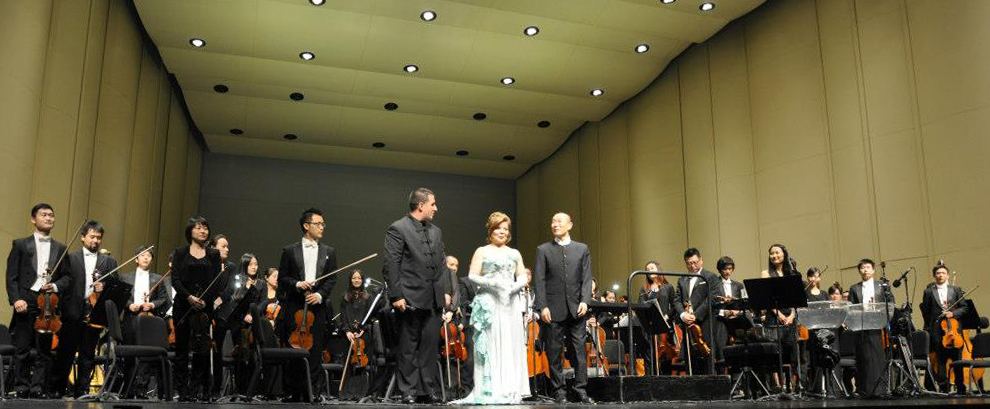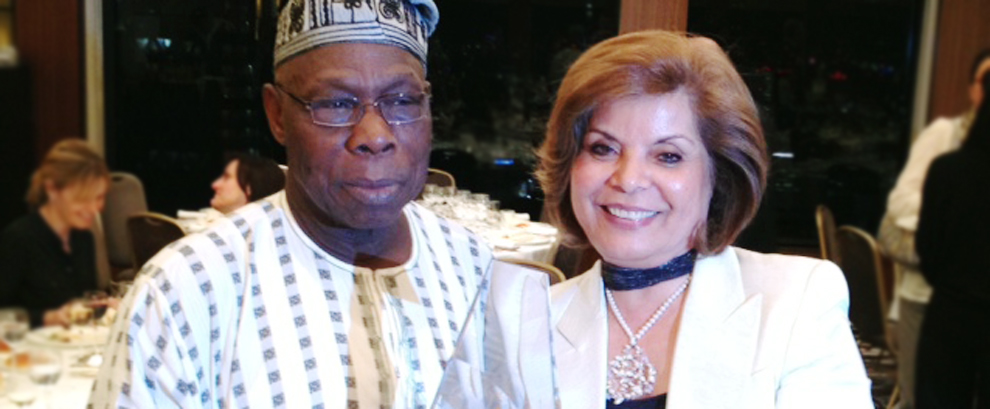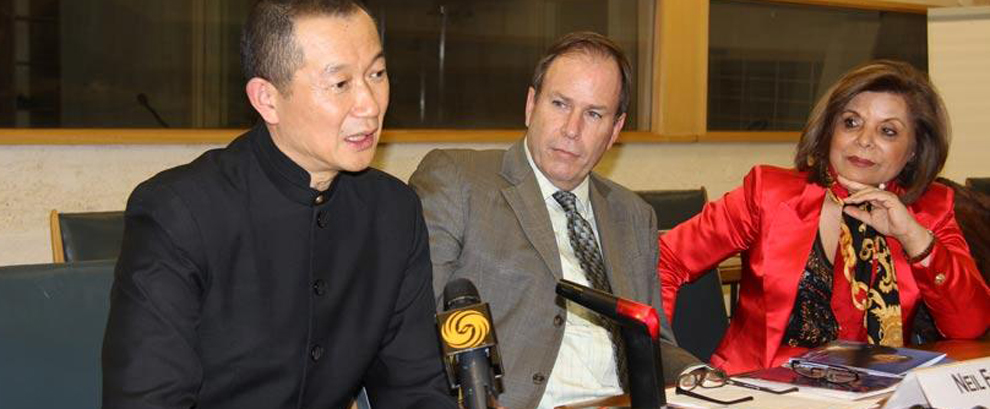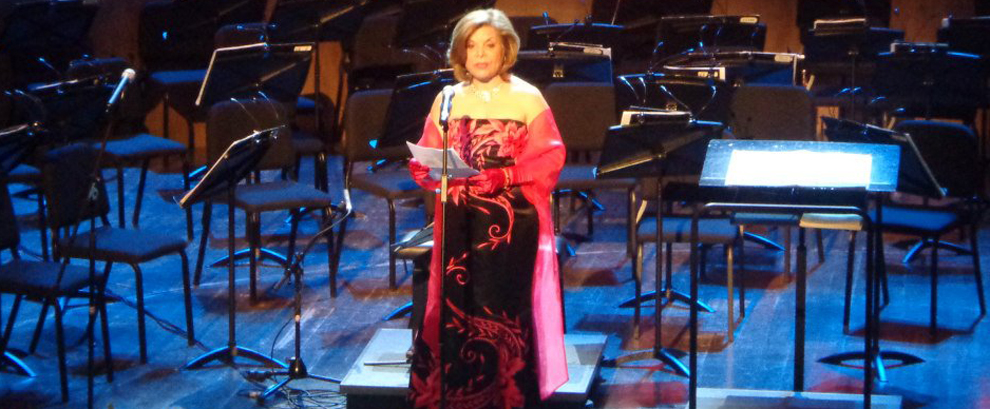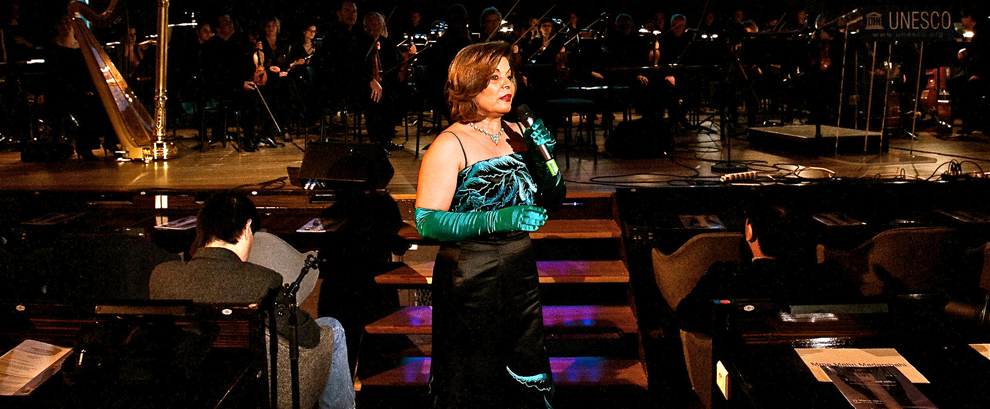MaximsNews Network
By Mehri Madarshahi
France will be going through a second round of voting to determine who will be the future President of the country replacing Jacques Chirac after two terms and 12 years in office.
The first round of election eliminated 10 out of 12 candidates who represented all walks of life – and delivered a show down between Nicolas Sarkozy, of the ultra right Union for a Popular Movement Union (UMP), and Segolene Royal of the Socialist Party.
The most notable, if not notorious among those eliminated was Jean-Marie Le Pen, the candidate of National Front, who in the last election had defeated the then Prime Minister Lionel Jospin, the Socialist Party candidate.
But interest had equally focused on Francois Bayrou, the leader of the centrist, the Union for French Democracy (UDF), once linked to the Gaullist party.
This time, Le Pen’s fortune didn’t hold as he garnered only some 11 per cent of the electorate. He admitted soon after the vote that “he had misjudged the mood of the French electorate”.
Francois Bayrou fared better with some 18 percent of the votes but still fell well short of the high dreams of making it into the second round (contrary to many pollsters predictions).
The big question now is what Bayrou will do – given his ambition to change the political landscape of France by forming a strong party at the centre.
How will he barter his followers in the Presidential endgame?
The two front runners are both short of a clear majority.
Sarkozy with some 30 percent of the vote is well-positioned to gain himself a new home in the Elysee Palace, if one were to assume that all Le Pen supporters would vote in his favor as well as at least half of the Bayrou-ists.
Segolene Royal with a little over 24 per cent of the votes cast on Sunday will face a tougher up-hill struggle.
Even if she will be able to rally half of Bayrou’s voters and all of the scattered left, she may not exceed on paper more than some 46-48 per cent.
How will she able to assemble a majority of French voters?
Dominique Strauss-Kahn, former Socialist Party challenger to Segolene Royal and one of the “elephants” of the Socialist Party, called on all voters whose candidate did not win “tonight” to join Royal in the runoff. “I feel in this first turn the hope of a revival … I believe that henceforth the victory by the revival is possible.” But will this be enough?
Both finalists in statements after the vote struck a Presidential tone, calling for a “ France fraternelle”.
Soon after the preliminary announcement of the votes, the jockeying for new constellations began in full view of the national and international television audience.
No doubt the two run-off candidates are on different ideological paths – or “societal projects” in French political lingo – one to the right and the other to the left of the political spectrum, they both share nevertheless a similar message to the French voters: “a stronger and more secure France in the age of globalisation”.
Sarkozy, the son of a Hungarian immigrant, wants less government and more privatization; he advocates reduced unemployment benefits by reorienting work and workers, emphasizes an increase in purchasing power, recognizes the urgency of environmental protection, wants to facilitate home ownership, puts emphasis on higher education and research, wants to tackle problems caused by violence, supports a more systematic policy to manage immigration laws (including the creation of a ministry of immigration), above all he wants to protect France and Europe from the fall-out of globalization.
In his recent book “Ensemble”, published in early April, he explains his value system – which he considers to be at the root of the Presidential debate and choice, his concept of politics and his ambition to create as a President a strong Republic.
Segolene Royal in her campaign agenda shares with Nicolas Sarkozy a concern for the importance of sustainable development and the protection of the environment as well as the need to improve the purchasing power of the French people.
But her campaign platform departs drastically from that of UMP as she invokes “unity” among all French regardless of their origin and race.
She believes in a growing work force and aims at the creation of some 500,000 new and temporary jobs in order to reduce unemployment among youth. One of her credos is that no young person should stay unemployed for more than 6 months. She opposes all forms of violence, be it domestic or social.
She advocates for central authority of the Government responsibility for the provision of social security, education, employment and welfare; she plans to invest massively into research and innovations (to be increased from 5 to 15 percent of the national budget) and she considers guaranteed family and social protection as a major element of social justice.
France above and beyond!
While many enthusiasts may have peeked in from the outside, the French candidates didn’t look much beyond their own borders. Given the weight of France , not least in Europe and in the multilateral fora with its precious veto asset, many started to question what will be the foreign policy vision and approach of the next President.
Interestingly enough, neither of the two front-runners has put forward any views on foreign policy issues – Iraq, Iran, the Middle East, Africa, the Doha round do not much factor in the campaign rhetoric.
Many political pundits wonder whether this signals that France may be turning inward.
While early in the campaign Mr Sarkozy had visited the White House and commented positively about the policies of President Bush, Madame Royal was visiting Senegal, China, Lebanon, Canada/Quebec and Italy – each time caught in gaffes of her own that could have been a liability of her perceived competence. As a result, the “world” quickly disappeared from the campaign.
Ms. Royal’s foray into Quebec, where she echoed past politics of Gaullists by calling for a free Quebec, and her slips in a press conference on the Palestinian-Israel conflict did not help her image at the time.
Surprisingly, French voters seemed to be quite at ease in not being “bothered” by the foreign policy complications and agenda. This may now change in the next two weeks, as there will certainly be a premium for looking “presidential” and at ease with the leaders of the world.
In the first round of the Presidential election, the French were voting in unprecedented numbers, close to 85 percent participation. Yet, it was claimed that until the last moment some 40 percent of voters were undecided.
It would be interesting to learn from analysts, what made them ultimately chose whom?
Looking at recent trends in Europe , French voters may not be alone in keeping their options open.
Globalization brought with it a fear of the “unknown” and “insecurity” which translated into a high volatility of voter allegiance to political parties. Despite this pan-European trend, France so far remained unaffected.
In the new dispensation of France, many social issues may be moving to the front of the coming political debate: the system of taxation, which is based on the protection of the poor, providing for an equitable distribution of wealth; the legislated 35-hours work-week and related to it the rigid French law in support of workers and unions; immigration; measures to stimulate investments and industrial growth.
Today, while France is perfectly aware of the causes of its perpetual problems, feels inhibited or not courageous enough to tackle the effects.
Without reform of the bureaucratic practices and without a big push forward, there will be a little hope for any President, left or right, to change the course of a stranded France in a stormy sea of changes to smoother water making France a more viable player in the European theatre.
Left or Right, the main question still remains: Will the new President and Administration be ready to push for “change”?


